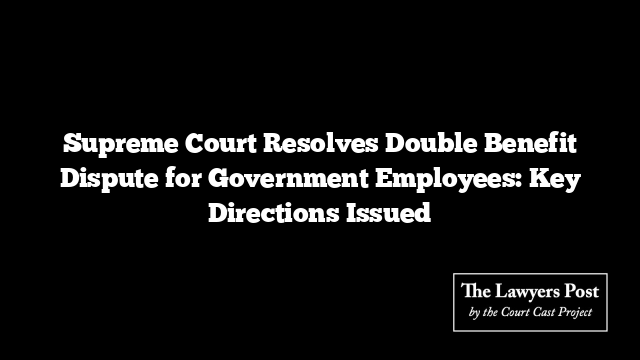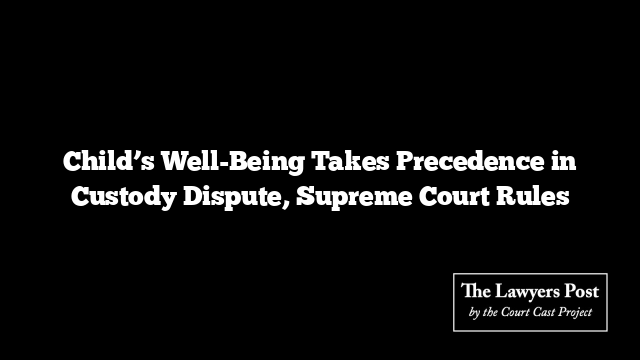In a landmark ruling, the Supreme Court clarified that central government employees cannot simultaneously avail themselves of benefits under the Modified Assured Career Progression Scheme (MACPS) and time-bound promotion schemes. This judgment resolves a long-standing issue related to overlapping financial advantages in government service.
The bench, comprising the Chief Justice of India and another justice, emphasized that all financial advancements under the Central Civil Services (Revised Pay) Rules, 2008, must be considered when applying the MACPS. This approach ensures that promotions and financial upgradations are not duplicated, aligning with the principles of fairness and accountability.
Impact on Recoveries
The Court directed the Union Government to halt recoveries of arrears from retirees and employees nearing retirement within a year of the judgment. For others, recoveries will proceed, but only after issuing notices, spread proportionately over two years without interest. Pension adjustments will be recalculated prospectively starting January 1, 2025.
MACPS and Previous Schemes
The judgment delineated the differences between the MACPS and its predecessor, the Assured Career Progression Scheme (ACPS). While the ACPS provided financial upgradations after 12 and 24 years of service based on the next higher promotional post, the MACPS offers three upgradations at 10, 20, and 30 years based on grade pay, not promotional hierarchy.
The Court also reaffirmed that financial upgradations earned under the Revised Pay Rules must be factored into the MACPS eligibility. This decision safeguards the integrity of pay structures while preventing undue benefits.
Case Background
The case stemmed from discrepancies in applying the MACPS after the implementation of the Revised Pay Rules in 2008. Some employees, particularly pharmacists and superintendents, had received early non-functional upgradations, which later became subject to recovery by the Union Government.
Final Directions
The Court’s judgment provides a balanced resolution: ensuring employees do not lose benefits unjustly while preventing double compensation. These directions aim to streamline pay structures and maintain equitable treatment across the workforce.





